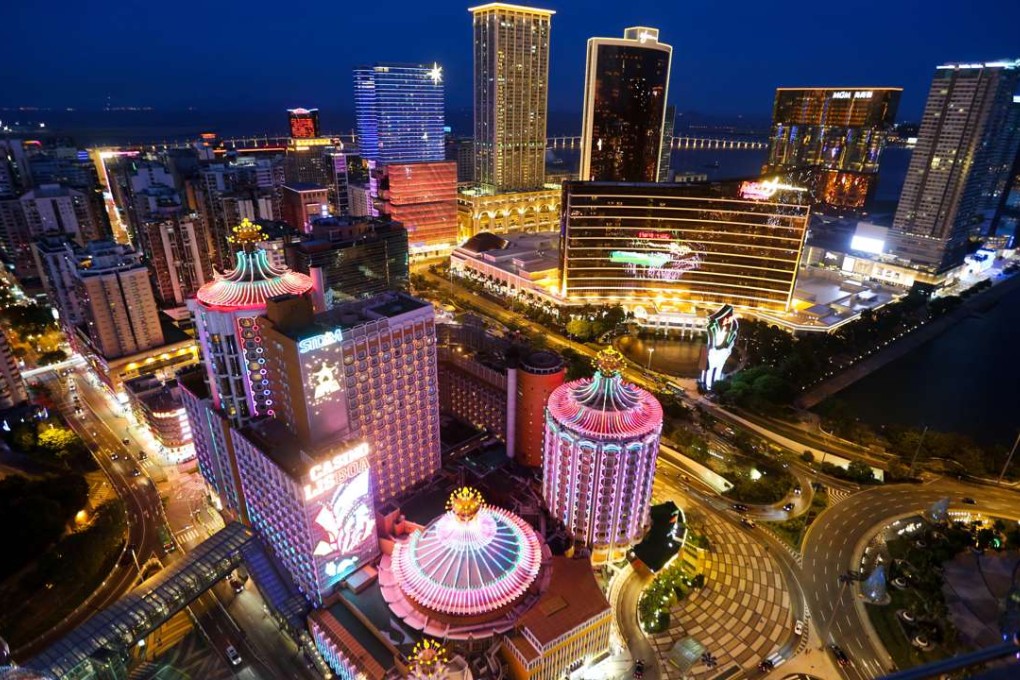Exclusive | Beijing takes aim at Macau gaming industry to cut currency flight
Move to slash in half the amount China UnionPay bank card holders can withdraw from ATMs in enclave expected to take effect Saturday

Beijing is about to turn its guns back on the gaming industry in its battle against the multi-billion-yuan outflow of capital from its economy as Macau prepares to slash in half the amount of cash China UnionPay bank card holders can withdraw from ATM machines in the city.
The move to cut the daily withdrawal limit from 10,000 to 5,000 patacas is expected to take effect from Saturday and follows the discovery that as much as 10 billion patacas in China UnionPay ATM withdrawals were made in one month alone.
It also comes amid so far unanswered claims that the customer voucher scheme run by Marina Bay Sands casino resort in Singapore – which apparently allows China UnionPay card users to buy gaming chips in breach of China’s strict currency controls – has seen billions of yuan flow out of the mainland.
The Monetary Authority of Macau’s ATM withdrawal cut is understood to be a reaction to attempts by illicit money movers to circumvent Beijing’s move at the beginning of this year to cap at 100,000 yuan (HK$112,600) the annual amount that UnionPay card holders could withdraw.
The Monetary Authority declined to answer questions from the Post.